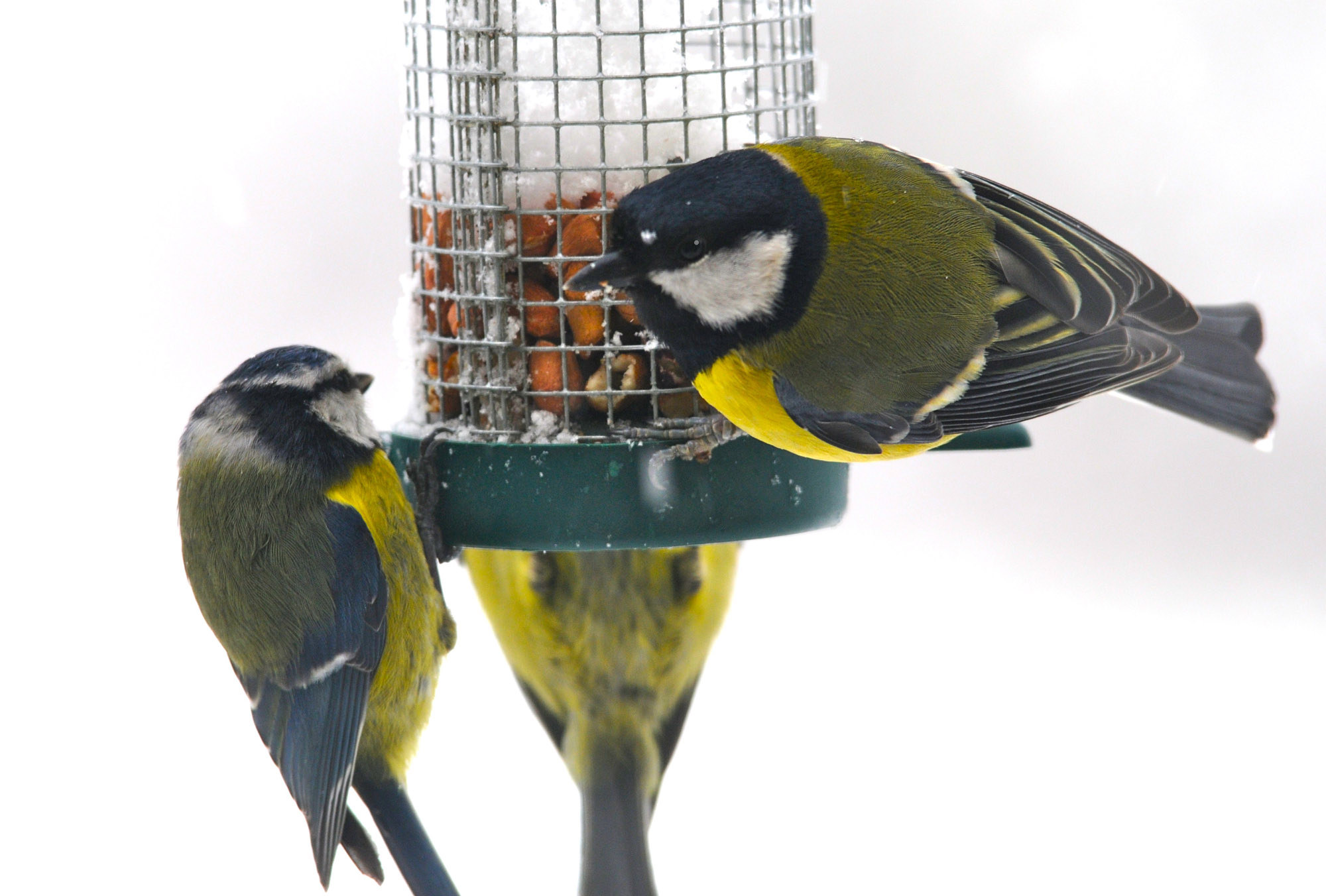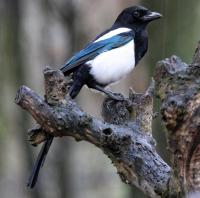- Home
- FAQs
- Customer Video Gallery
- Customer Photo Gallery
- Bird Facts
- Bird Food Blog
- Bird Information
- Feeding Advice
- Small Animal Information
- A to Z of Guinea Pigs
- A to Z of Hamsters
- A to Z of Rabbits
- Basic Care for Guinea Pigs
- Basic Care for Hamsters
- Basic Care for Rabbits
- Basic care for Chinchillas
- Basic care for Ferrets
- Basic care for Gerbils
- Basic care for Mice
- Basic care for Rats
- Buying a Healthy Small Animal
- Does your Reptile need a Licence
- Equipment for Ferrets
- Equipment for Hamsters
- Equipment for Mice
- Equipment for your Chinchilla
- Equipment for your Gerbil
- Equipment for your Guinea Pig
- Equipment for your Rabbit
- Keeping a House Rabbit
- Dog Information
- Cat Information
- Customer Information
- Fat Balls
- Suet Pellets
- Straights
- Seed Mixes
- Suet Treats
- Mealworms
- Bird Feeders
- My Account
A Winter Warning
Date: 2012-12-20 16:19:15 | Category: Bird Protection | Author: Twootz Staff
This caption warns about hidden hazards in some bird food packaging and gives some tips on how best to look after our feathered friends this winter.Wildlife charities receive a number of calls each year from gardeners reporting injuries or deaths to garden birds after they have become entangled in the mesh or netting surrounding food that's been left out for them.
The netting that surrounds fat balls, peanuts and seed is one of the most dangerous things that can be put out in our gardens.
The mesh and netting can easily trap birds' feet and beaks, causing severe injury or even death. We therefore recommend removing the food from the netting and transferring to a safe and suitable feeder.

Twootz stock products without these potential death traps, but unfortunately, some companies have not followed suit and are still using these dangerous and unnecessary plastic nets. Not only can they cause injury or worse to wild birds but they are just one more hazardous item of plastic to go into landfill.
It is now more important than ever to water and feed your garden birds especially with forecasts of snow and ice in the lead-up to Christmas. Natural food sources have begun to dwindle, plants may become covered with snow, berry crops are coming to an end, and lakes, rivers and ponds are freezing over.
We suggest a calorie-rich foods like fat balls, mixed seed, niger seed, suet pellets and peanuts, you could also provide some kitchen scraps, such as; mild grated cheese, rice and porridge oats. A supply of water is also essential for bathing and preening.
In freezing conditions birds will become more dependent on water provided in gardens, since many natural sources of water are frozen over.
The most effective way to keep the water in your garden from freezing is to pop in a light ball that will be moved by even a gentle breeze and keep a small amount of water ice free - a ping-pong ball is ideal. Alternatively, pour on hot water to melt the ice to make sure the birds can get to it.




